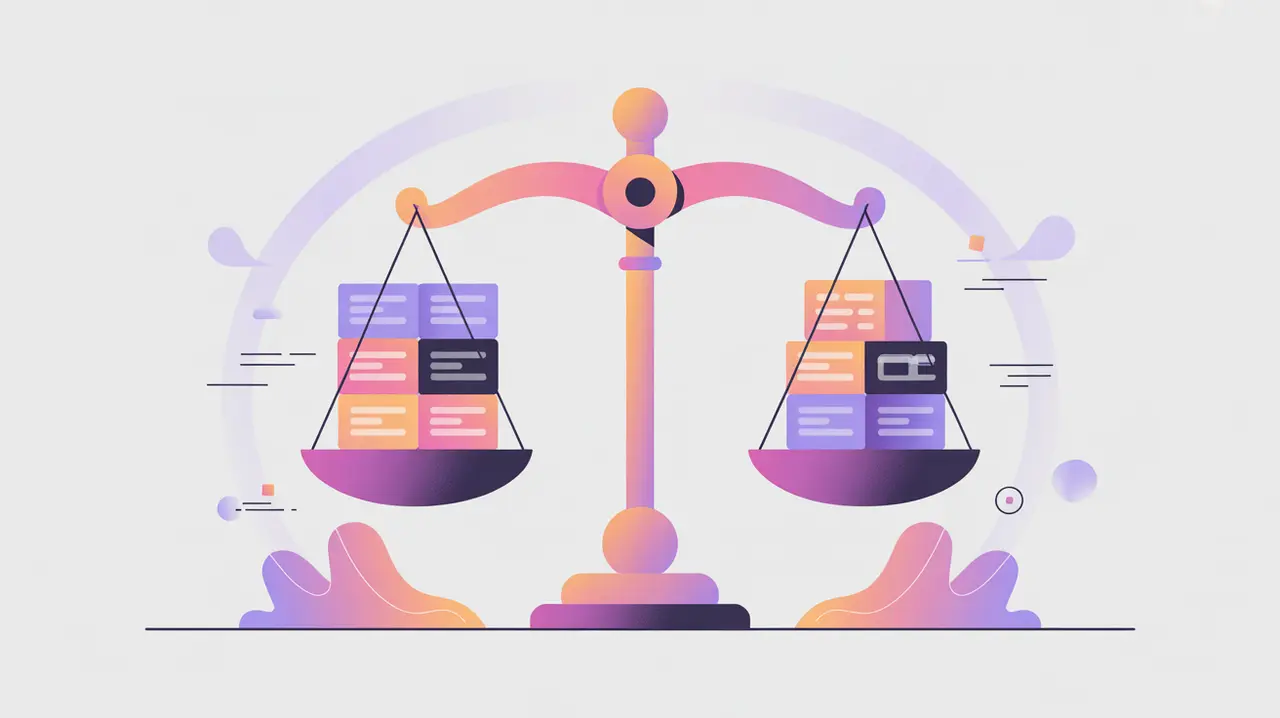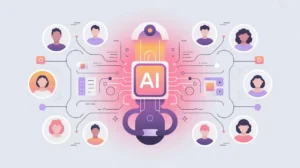Importance of Data Justice
Data Justice refers to the pursuit of fairness in how data is collected, managed, and used, ensuring that benefits and harms are distributed equitably. It emphasizes that data practices are never neutral since they reflect power, values, and social structures. Its importance today lies in the pervasive role of data in shaping decisions, from credit scoring to humanitarian aid delivery, where unjust data practices can deepen inequality and exclusion.
For social innovation and international development, data justice matters because mission-driven organizations often work with vulnerable populations whose lives can be profoundly affected by how their data is handled. A justice-centered approach ensures that data practices align with rights, dignity, and equity.
Definition and Key Features
Data justice builds on frameworks of social justice and digital rights. It considers not just privacy, but also representation (who is counted), access (who can use data), and accountability (who benefits or bears risks). Scholars and advocates have emphasized that data justice requires systemic change, not just technical fixes.
It is not the same as data ethics, which may focus on principles without addressing structural inequities. Nor is it equivalent to data protection laws, which safeguard privacy but may not ensure equitable outcomes. Data justice interrogates power in the entire data lifecycle.
How this Works in Practice
In practice, data justice might involve ensuring marginalized groups are not underrepresented in health datasets, building participatory governance structures for community data, or requiring transparency in how predictive models allocate aid. It also includes questioning whether certain data should be collected at all, especially if it risks surveillance or harm.
Challenges include the dominance of corporate actors in global data ecosystems, uneven legal protections across regions, and the difficulty of embedding justice principles into fast-moving AI systems. Operationalizing data justice requires collaboration between technologists, communities, and policymakers.
Implications for Social Innovators
Data justice has broad relevance across mission-driven sectors. Health initiatives must ensure diagnostic datasets reflect diverse populations to avoid biased care. Education programs must interrogate whether adaptive learning platforms reinforce or challenge existing inequities. Humanitarian agencies must handle crisis data responsibly, ensuring aid distribution systems do not perpetuate discrimination. Civil society groups lead advocacy efforts, framing data justice as essential for rights and accountability in the digital age.
By embedding data justice into their practices, organizations move beyond compliance to actively reshape data ecosystems toward fairness, equity, and community empowerment.







